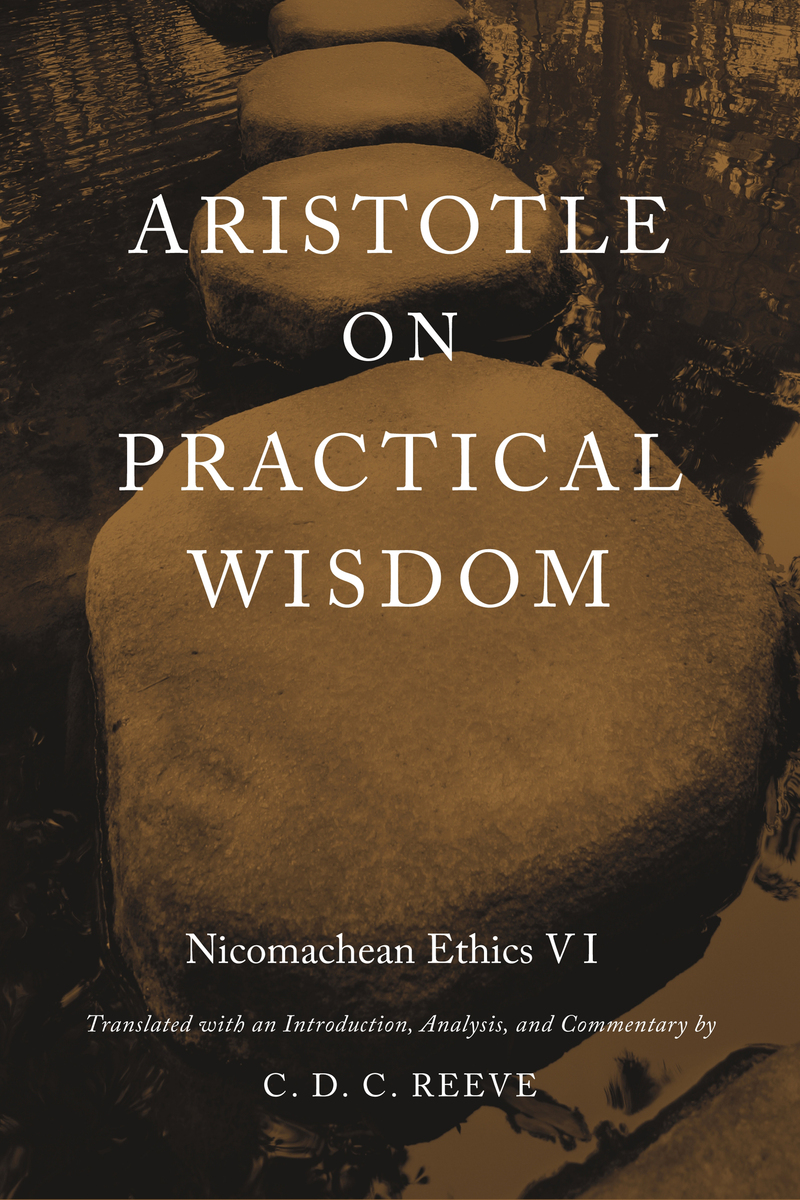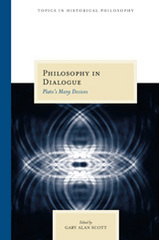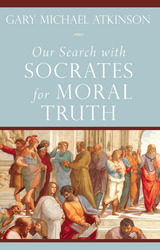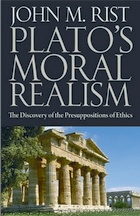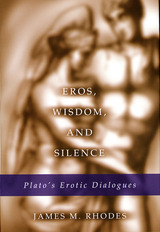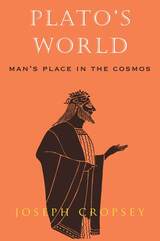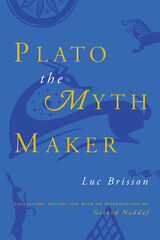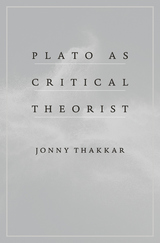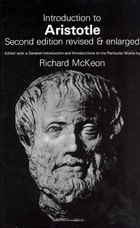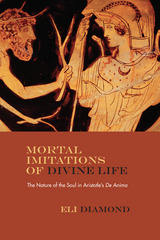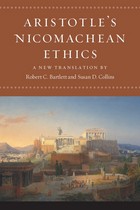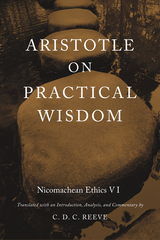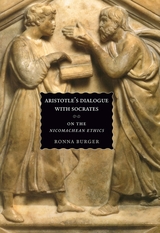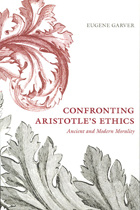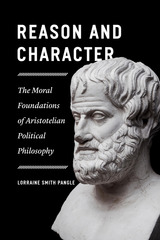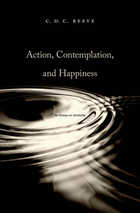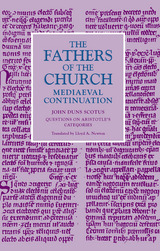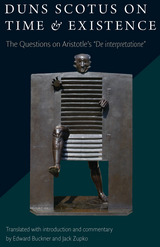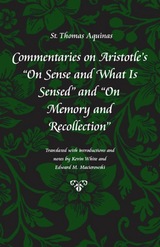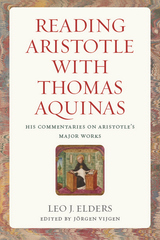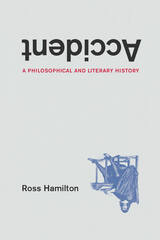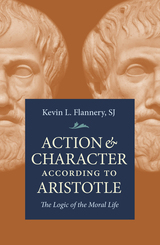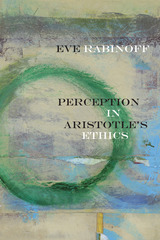This unusual book by Reeve consists of a translation and analysis of, and commentary on, Book VI of Aristotle’s Nicomachean Ethics. Aristotle’s Book VI deals mainly with the topic of ‘practical wisdom’ and its relationship to ‘theoretical wisdom’ and virtues of character and thought. After a detailed introduction, Reeve presents a translation of Book VI and, on opposite pages, an analysis of the text translated. In the next part of the book, he goes back to the text and presents a considerably exhaustive commentary. The commentary segment of the book is its lengthiest part. Although the analysis and commentary overlap somewhat, this format allows readers to choose which segment to study in detail. As far as this reviewer knows, no other book quite like this exists in modern Aristotelian scholarship; it is somewhat reminiscent of the format of the great medieval classical commentaries. This volume can be read as a companion to Reeve’s outstanding Action, Contemplation, and Happiness: An Essay on Aristotle. Both books are very welcome additions to Aristotelian scholarship.
-- P. A. Streveler Choice
Aristotle’s concept of practical wisdom—focally explored in book VI of the Nicomachean Ethics—has inspired some of the most brilliant work of the past half-century in moral psychology and ethics. Reeve provides an admirably clear and incisive chapter-by-chapter translation and analysis of and commentary on the whole of this complex book—the first full such study in over a hundred years. Aristotle on Practical Wisdom is an indispensable tool for Aristotelians of all stripes in pondering and assessing what Aristotle actually says and means in his discussion not only of practical wisdom but also its twin, wisdom in understanding matters of scientific and philosophical theory.
-- John M. Cooper, Princeton University
In this work, as elsewhere, Reeve adds a distinctive, nuanced voice to the contemporary study of Aristotle. In some ways a supporting companion to his excellent Action, Contemplation, and Happiness, the present volume offers a fluent translation of Nicomachean Ethics VI, together with an informative, authoritative introduction and a philosophically alert commentary. Students and scholars alike will benefit from his observations and pointers. Throughout this work Reeve is, as ever, authentic: one finds in these pages an original engagement with a great work, one that will in the first instance command the attention of students of Aristotle but then also, more broadly, of all philosophers concerned with problems of practical reasoning.
-- Christopher Shields, University of Oxford
In Nicomachean Ethics VI, Aristotle seeks to elucidate his primary topic, practical wisdom, by contrasting it with craft knowledge, scientific knowledge, and theoretical wisdom, and by relating it to the virtues of character. Since these states of the psyche can hardly be understood without understanding a large swath of Aristotle’s philosophy, the commentator’s job is particularly challenging. Reeve shows himself to be well up to the task. His beautiful new translation of the text has the fluidity, grace, and accuracy of his translations of Plato’s Republic and Aristotle’s Politics, and his far-ranging commentary on the text displays an encyclopedic knowledge of Aristotle. With its companion volume, Action, Contemplation, and Happiness, this is a welcome addition to the ongoing study of Aristotle’s ethical philosophy and of his philosophy as a whole.
-- David Keyt, University of Washington
Aristotle on Practical Wisdom is a masterful combination of Reeve’s philosophical acumen and prowess as a translator. It is hard to think of any commentary on an ancient text, let alone a single book within a text, so rich with ideas and so devoted to line-by-line analysis. Like its companion publication, Action, Contemplation, and Happiness, Reeve shows how full appreciation of Aristotle’s Ethics requires the reader to engage with Aristotle’s biology, psychology, epistemology, and metaphysics. Anyone interested in Aristotle will want this book on their shelf.
-- Allan Silverman, The Ohio State University
Reeve’s translation, analysis, and commentary on Aristotle’s Nicomachean Ethics VI will be of great value to scholars and students alike. The translation is clear, elegant, and thoughtful. The analysis brings out the essential points, and the commentary is superb. Reeve is so thoroughly steeped in Aristotle’s work that his commentary manages to be both deep and accessible to a beginner. This is Aristotle’s most difficult writing on an important topic in ethics; it deserves this splendid treatment.
-- Paul Woodruff, University of Texas at Austin
